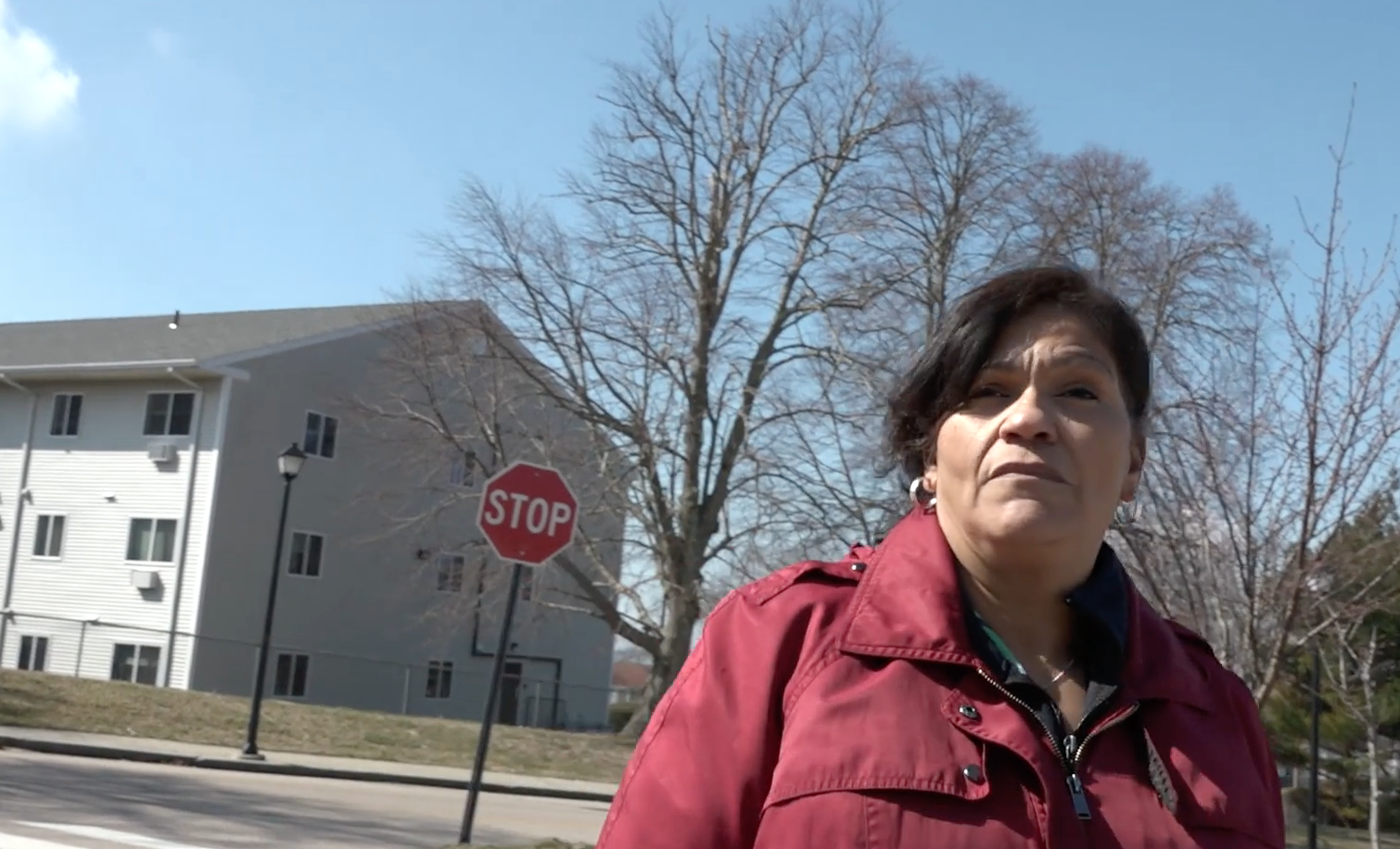Signs of Providence
a nonprofit media collective confronting Rhode Island's housing crisis
https://studentsofinitiative.wixsite.com/signsofprovidence
These informative videos by Oscar d'Angeac and others highlight the many difficulties of finding a place to live.
1 - Elizabeth in Newport speaks to the challenge of finding affordable shelter if you are a Section 8 applicant. She is one of 93,00 families who participate in this program. Many wait years to be accepted into the program. If an applicant cannot find a landlord will to except the voucher they must give it up. (9,300 families participate in the Section 8 program but many must give up the voucher if they cannot find an accepting landlord.) https://vimeo.com/267294183
RI State House bill, H7528, Prohibits discrimination in housing against those persons who have a lawful source of income.
2 - An elderly couple’s story who fought their eviction. The couple had to sleep in car to stay warm because their landlord refused to fix the heat https://vimeo.com/256822778 Their apartment was owned by the Providence Student Living Group, a company that buys and rents apartments in Providence, Renting primarily to students, this essentially drains the market of affordable properties. The rents are often beyond reach for many low income folks .
3 - SSDI Many low income persons survive on SSDI, (Social Security Disability Insurance). It is a payroll tax-funded, federal insurance program. A portion of the FICA taxes we all pay are set aside for SSDI. It is not based on how severe your disability is or how much income you have. Most SSDI recipients receive between $700 and $1,700 per month (the average for 2018 is $1,197). However, if you are receiving disability payments from other sources, as discussed below, your payment may be reduced.
Medically Approved List of Impairments
The SSA's Listing of Impairments is generally broken down by bodily system or function. There are separate lists for adults and children under the age of 18. For adults, the medical conditions that qualify for SSDI or SSI include:
Musculoskeletal problems, such as back conditions and other dysfunctions of the joints and bones
Senses and speech issues, such as vision and hearing loss
Respiratory illnesses, such as asthma and cystic fibrosis
Cardiovascular conditions, such as chronic heart failure or coronary artery disease
Digestive tract problems, such as liver disease and inflammatory bowel disease (IBD)
Neurological disorders, such as multiple sclerosis, cerebral palsy, Parkinson's disease, and epilepsy
Blood disorders, such as sickle cell disease or hemophilia
Mental disorders, such as depression, anxiety, schizophrenia, autism, or intellectual disability
Immune system disorders, such as HIV/AIDS, lupus, rheumatoid arthritis, and kidney disease
